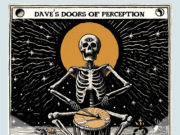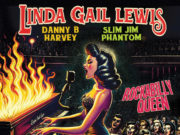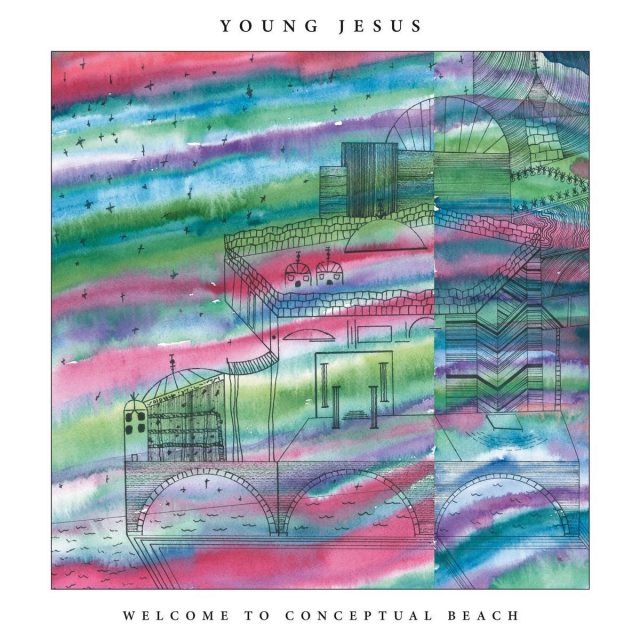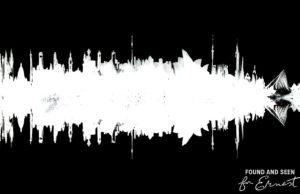The vast majority of bands and albums fit easily and snugly into nice little boxes — rock, jazz, punk, what have you. Los Angeles foursome Young Jesus are not one of those bands. And their incredible fourth full-length Welcome to Conceptual Beach is definitely not one of those albums. It’s grounded in the world of indie-rock, for sure, but it’s also got elements of umpteen other things: Art-rock and jam-rock, math-rock and post-rock, post-punk and noise-rock, free jazz and Captain Beefheart. They’re all swirled and swooshed together into freewheeling, shape-shifting epics — and topped with gorgeous rich, emotionally soaring vocals midway between Jeff Buckley and Anohni. With all that going on, you might expect chaos, confusion and a lack of focus. But it all hangs together, united by the tasteful craftsmanship, intelligence and intimate interplay on display in these majestic, elegantly executed songs. Even when they’re clearly improvising, singer-guitarist John Rossiter and his bandmates are just as clearly on the same wavelength and pulling in the same direction, pulling you gently along on a sonic journey to the shores of Conceptual Beach. Wade on in. The water’s fine.
THE PRESS RELEASE: “Imagine a shoreline alone, carved from the continent, without land or water to border it, a rind of possibility, a moon-colored border between land and sea, knowing and unknowing. This is Conceptual Beach, a place John Rossiter, vocalist/guitarist of Los Angeles-based Young Jesus, describes as his long-time mental refuge, where he imagines himself living — like a medieval, stigmata-wrought hermit — all his needs for okay-ness finally met. Their new album, Welcome to Conceptual Beach, first took form as a physical zine in 2016, when the four members of the band were on their first tour together. At that time, it was still somewhere Rossiter inhabited alone, protective of his solitude. Now, he is allowing others to join him there. “The reason it’s called Welcome to [Conceptual Beach] is because I’m inviting other inner landscapes into it,” Rossiter explains as he describes the transformation of the beach’s terrain into a whole varied emotional world. Indeed, Welcome to Conceptual Beach elucidates the balance between many contrasting forces: the individual and the collective, the rational and the emotive, the tame and wild. It transforms the complex musicality of much post- and math-rock into a radical, crystalline practice, vibrant and light-casting. The band’s members — Marcel Borbon (bass), Eric Shevrin (keys) and Kern Haug (drums) in addition to Rossiter himself — refract and reconnect throughout the record, experimenting with new kinds of sounds and composition. They artfully balance the wandering riffs of previous records with irresistible hooks, woven into their characteristic swathes of improvisation to create a shimmering, molten tapestry. On Welcome to Conceptual Beach, Young Jesus pries our sobs from parentheticals and wields them with a brutal but tender force. They take these elements and translate them into a spacious ground for growth, for ourselves, our communities, our world. They affirm that change starts with how we reckon with ourselves as individuals, that we are all magicians, as the closing track of Welcome to Conceptual Beach suggests, “making love and doing dishes,” capable of conjuring new worlds for ourselves, and to live in others’.”










































